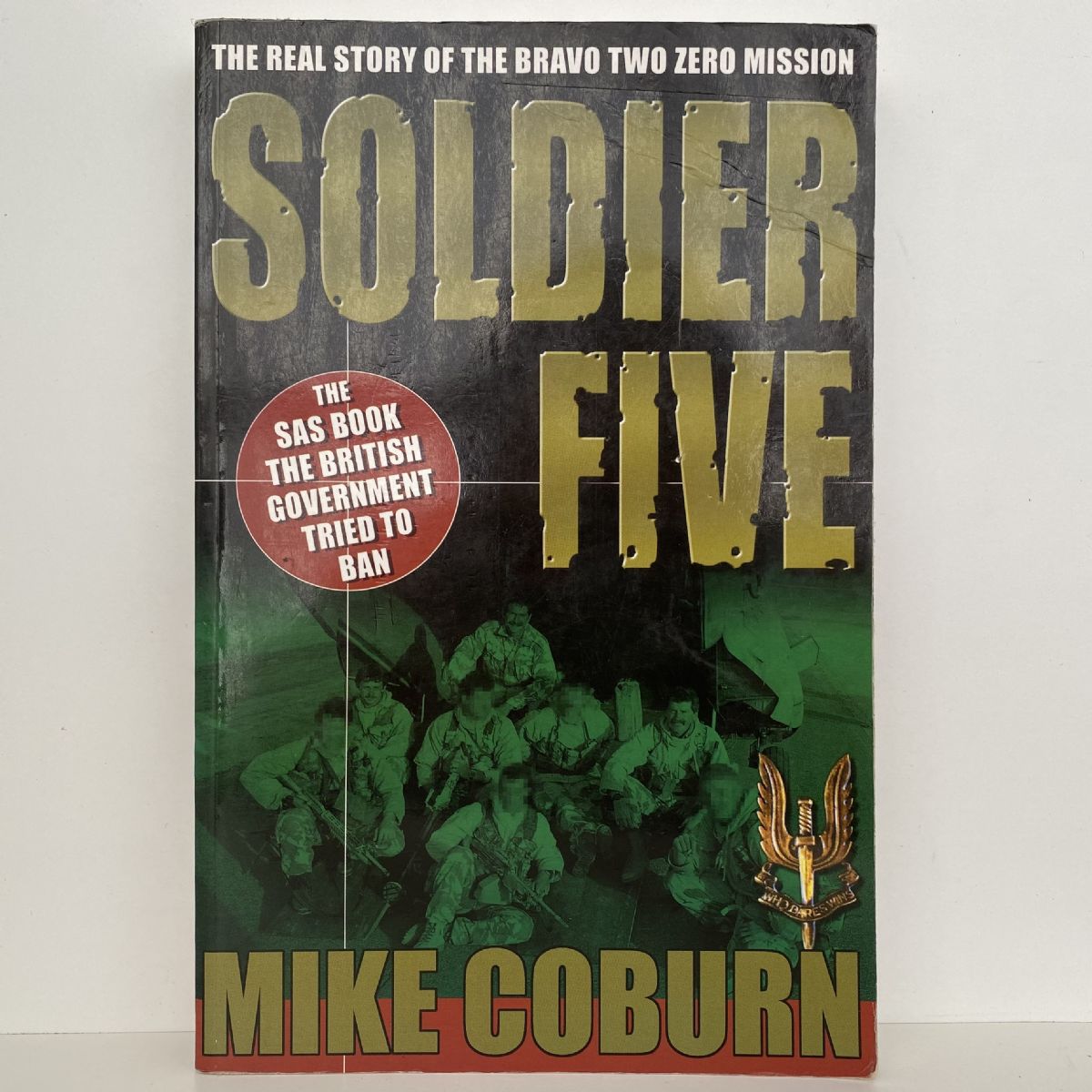
Asher was not the participant in the operation, making the reader believe he provides more objective data than Bravo Two Zero’s members.

Michael Asher, on the opposite, shares his views along with making an investigation gathering information from witnesses of the actions. They express their attitude to the causes and origin of events in a highly subjective way. 2 Both authors seem to be lost in a will to achieve success and acknowledgment as brave heroes. Estimating reasons for the operation’s failure, McNab and Ryan, both members of Regiment, were well-trained and experienced, put most of the guilt on their companion. Vince Phillips, especially in Ryan’s work, is shown as an incompetent and weak member of patrol making various inaccuracies, some of which were fatal. McNab’s work is easy and entertaining to read still, when considering actual events, he presents merely his judgment and how he perceives things. Sources of Information Used in Both WorksĬollecting the facts from various people and assessing them persuades the reader stronger than following a literature story. The factual causes for Bravo Two Zero’s failure cannot be judged by one subjective interpretation, and before claiming which argument is more relevant or convincing, one should evaluate material sources and authors’ behavioral model. 1 Asher found information gathered during his trip astonishing, especially the blame put on Vince Phillips that turned out to be a scapegoat. Asher traveled to Iraq following the steps of the soldiers interrogating at least ten witnesses of the actions described in books. In fairness, Michael Asher, a reserved veteran of SAS, could not give credibility to unmatching circumstances narrated in both books and decided to make his investigation. Armstrong criticized the leadership behavior of Mitchell however, both authors were using a negative and accusing tone towards their colleague, Sergeant Vince Phillips, who died during the operation.

Both books represent subjective interpretations of Bravo Two Zero’s events, outcomes, and reasons for the operation’s failure. Later, Colin Armstrong, under the pseudonym Chris Ryan, wrote a book, The One That Got Away, released in 1995.

The book became a bestseller and attracted the interest of millions of readers.

Later, the commander of the troop, Steven Mitchell, under the pseudonym Andy McNab, released Bravo Two Zero in 1993. However, the first revealing of the patrol occurred in 1992 by lieutenant-general Peter de la Billère in his book Storm Command.


 0 kommentar(er)
0 kommentar(er)
